Review: ‘Guilty’ will make you question your claim to ‘feminism’
Produced by Karan Johar, this call to #MeToo isn’t your everyday cup of guilt-tea
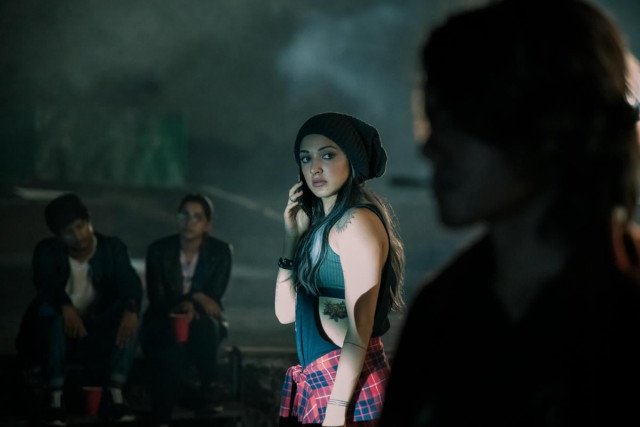
Johar’s Netlfix release is quite toned down, realistic and hard-hitting. It replicates the patterns of behaviour different segments of society tend to follow while also incorporating psychological patterns associated with genders.
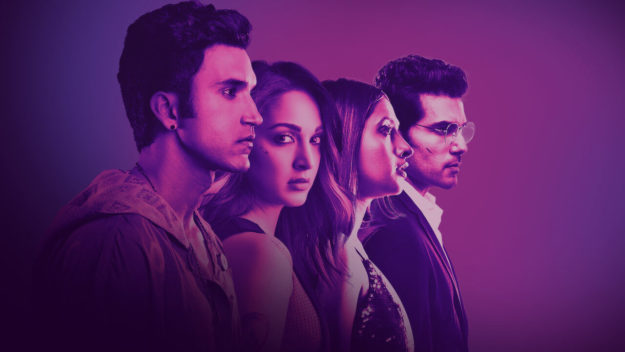 Guilty is a mystery film featuring multiple unreliable narrators who during a series of interrogations take the story forward – creating a Rashomon effect. Each one of them recall the night the alleged rape took place, differently, with a third-party (a lawyer) trying to put the pieces together.
Guilty is a mystery film featuring multiple unreliable narrators who during a series of interrogations take the story forward – creating a Rashomon effect. Each one of them recall the night the alleged rape took place, differently, with a third-party (a lawyer) trying to put the pieces together.Kiara Advani, who plays Nanki, the lead role in the film, also navigates through the various instances of a single story in her head – as her memory deceives her. She does this to find out what really happened after her high school boyfriend (Vijay) gets accused of rape by a girl she knows had a crush on him.
Aside from being in an emotional block for reasons unknown until the end, her characters exuberates the fury of a staunch independent feminist who is also a songwriter for Vijay’s band. Nanki is capable of quoting Virginia Woolf, Franz Kafka, and Faiz Ahmed Faiz, while also aiming to apply for a scholarship programme at Rhodes.
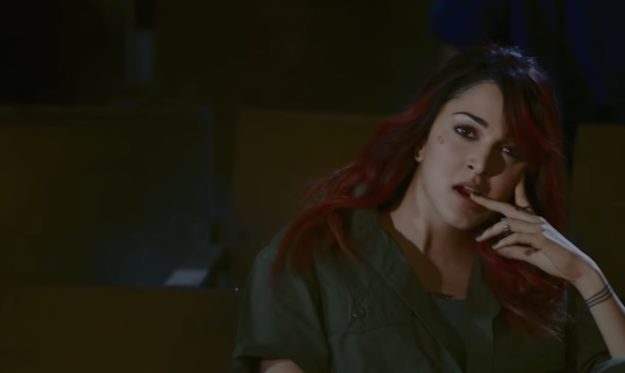 But at the same time, her feminism goes down the drain when it comes to believing in a woman she is jealous of. Not to mention, the same woman, Tanu – played by Akansha Ranjan Kapoor – is also seen mocking Nanki out of envy throughout the first half of the film, while blatantly seducing her boyfriend who she later accuses.
But at the same time, her feminism goes down the drain when it comes to believing in a woman she is jealous of. Not to mention, the same woman, Tanu – played by Akansha Ranjan Kapoor – is also seen mocking Nanki out of envy throughout the first half of the film, while blatantly seducing her boyfriend who she later accuses.The Netflix original brings into play the war between two women over a man, which is later turned into a war because of a man – but a war, nonetheless. It shows one woman being deemed a psycho for her emotional ‘fragility’ while the other is slut-shammed for wanting to sleep with someone’s boyfriend all along.
Guilty is ironic for being guilty of pulling a #MeToo joke within the first five minutes of the film and still being pro-feminist. It also manages to provide fifteen (and I counted) reasons why whatever happened between Tanu and Vijay could have been consensual. It also provides no reason, whatsoever, as to why Vijay would ever need to rape her when she was offering to sleep with him all along.
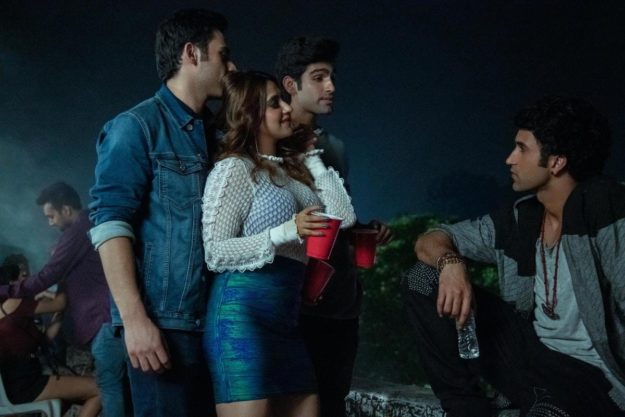 Even if Vijay’s privilege is taken into account, Tanu’s lack of privilege is questioned as she often plays the damsel in distress. Not to mention, she is shown as a stage actor with a questionable choice of clothing and quite a bold one at that.
Even if Vijay’s privilege is taken into account, Tanu’s lack of privilege is questioned as she often plays the damsel in distress. Not to mention, she is shown as a stage actor with a questionable choice of clothing and quite a bold one at that.There are several subtle references in the film that seem to dictate the ways in which these characters behave. For instance, a scene showing the school’s dean – who is also Nanki’s legal guardian – taking a class, reiterates the Foucauldian power dynamics in the context of feminist literature.
With respect to this, enters Vijay who regardless of coming from an affluent background with his father being a politician does not exercise his power negatively. His character makes no questionable remarks at Tanu, confesses to Nanki when he cheats on her and his family works with a lawyer who gives a tougher time to Vijay’s friends than he does to Tanu.
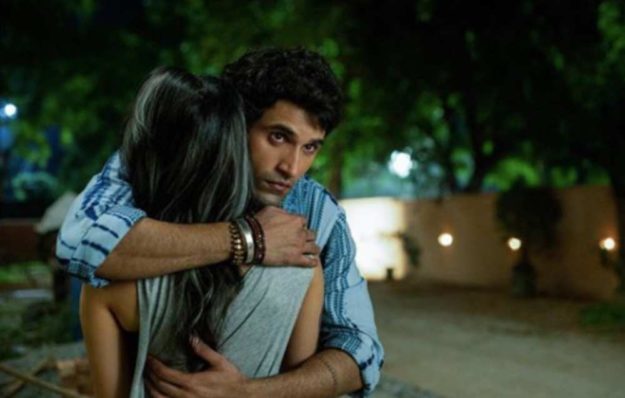 The film aims to represent everything that went down in Bollywood and India altogether when #MeToo newly arrived, and so it also goes on to show why it didn’t work.
The film aims to represent everything that went down in Bollywood and India altogether when #MeToo newly arrived, and so it also goes on to show why it didn’t work.Tanu’s power comes from the movement which goes on to become her sole claim to fame, which is what the ‘woke’ individuals of the college also end up questioning. “Is she misusing #MeToo?” many asked while others noticed how her social media hiked, with every single post getting so viral the authorities even felt threatened. But does she misuse it? She has all the reasons too. And it is because of all the reason provided in the film that leads us to really question: Who is guilty?
Have something to add to the story? Share it in the comments below.

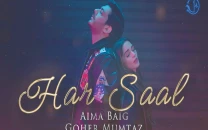


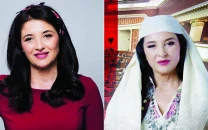














COMMENTS
Comments are moderated and generally will be posted if they are on-topic and not abusive.
For more information, please see our Comments FAQ